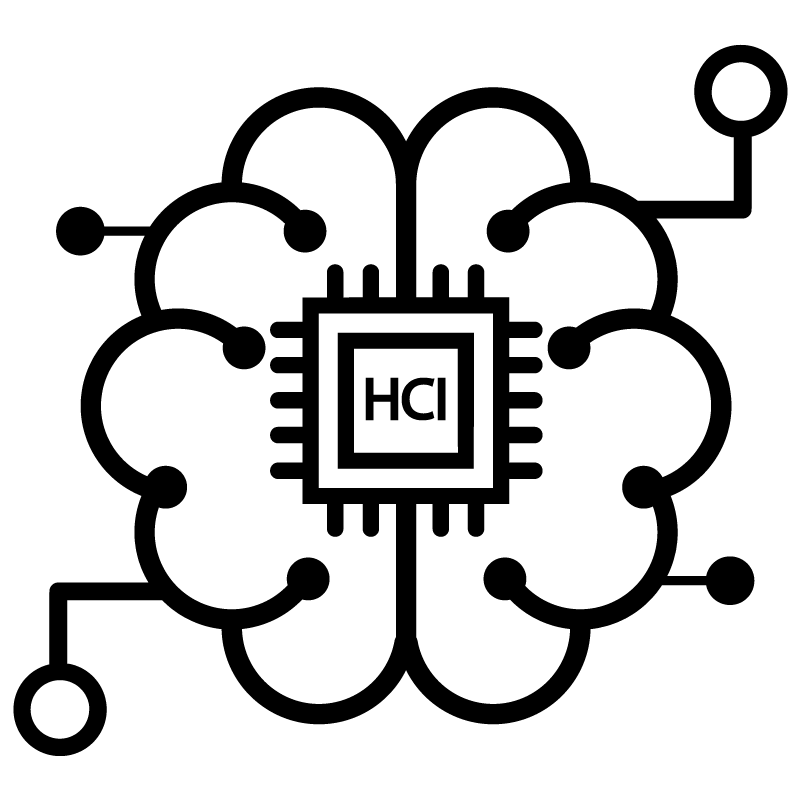AI Assistants in Computer Science Education
This project focus on evaluating the impact of AI Assistants such as ChatGPT in Computer Science Education
Overview
This research focuses on three primary objectives: evaluating the performance of ChatGPT, adapting course materials based on prior research, and interviewing instructors to gain insights into their perspectives, ideas, and concerns regarding the use of AI in education.
Contributions
I began my involvement with this project in 2023.
I contributed to the research by processing a portion of the dataset using ChatGPT. Additionally, I offered guidance and provided examples of course materials that were adapted based on previous studies
I conducted interviews with professors to understand their views and opinions on the use of AI assistants in CS education.
Furthermore, I assisted in coding the interviews and contributed to the overall writing of the paper. My background in education played a significant role in justifying and analyzing our results.
Results
In our study, we evaluated ChatGPT's proficiency in solving problems from six undergraduate CS courses, encompassing multiple choice, short answer, and coding types. To adapt to ChatGPT's capabilities and mitigate misuse, we explored two methods of problem modification: introducing distracting information and altering the problem's format. Interviews with computer science instructors yielded varied opinions on AI assistants. While there were concerns about academic fairness and the long-term implications of AI tools on student learning, many instructors had not yet modified their materials to prevent misuse, primarily due to the absence of effective strategies.
Interestingly, they believed that tailoring course materials for AI was more viable for advanced courses than for introductory ones. Ethical considerations were also highlighted; although instructors acknowledged the potential for ChatGPT misuse, their concerns mirrored existing issues in education. There was added apprehension that ChatGPT might provide incorrect answers, leading students to form flawed conceptual understandings. From our findings, we derived design implications, suggesting tools and strategies to adapt CS problems to AI's strengths. The study also delves into the potential of crafting personalized learning experiences using expansive language models.
If you want to learn more you can find our paper here. The paper was presented at the IEEE Symposium on Visual Languages and Human-Centric Computing 2023.



